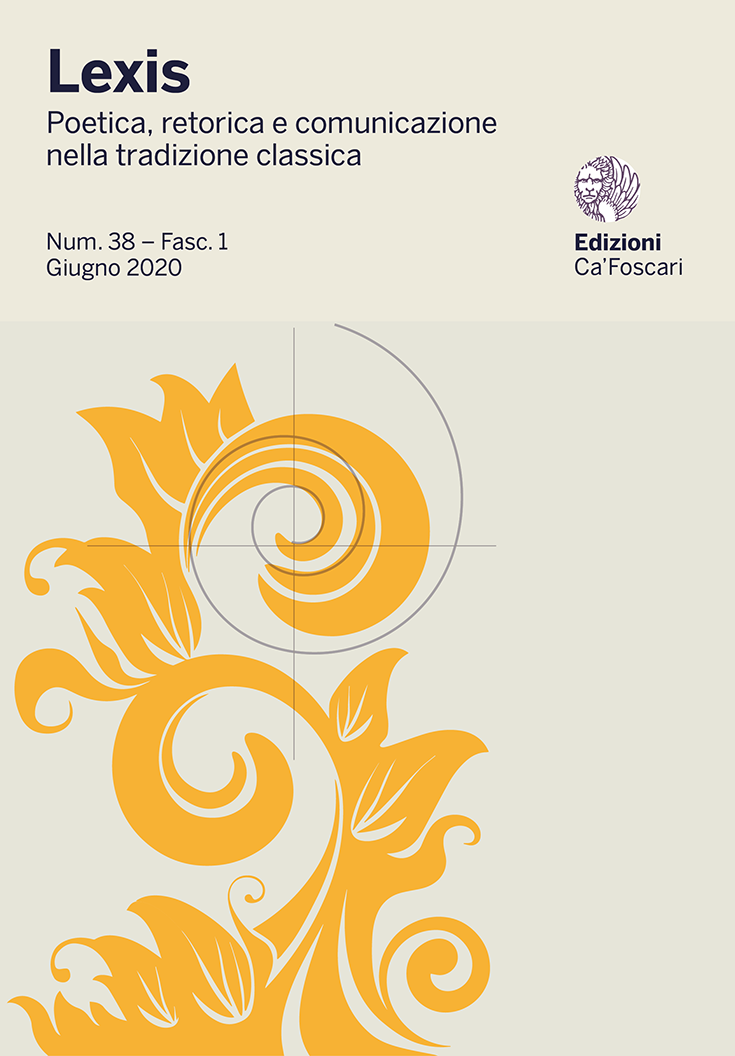Rivista |
Lexis
Fascicolo | Num. 38 (n.s.) – Giugno 2020 – Fasc. 1
Articolo | A New Fragment from the Letters of Aristotle
A New Fragment from the Letters of Aristotle
Abstract
An Arabic manuscript preserves what purports to be a letter from Aristotle to a noblewoman. Closer scrutiny of its contents suggests that the letter was addressed to Olympias (mother of Alexander the Great) on the death of her brother (Alexander I of Epirus). This identification is important because Aristotle was said to have left behind at his death one book of letters to Olympias, an edition of which was published in antiquity. The question is therefore raised as to whether the fragment is genuine or spurious.
Presentato: 29 Febbraio 2020 | Accettato: 22 Maggio 2020 | Pubblicato 30 Giugno 2020 | Lingua: en
Keywords Epistolography • Aristotle • Artemon • Andronicus • Ancient edition
Copyright © 2020 Konstantine Panegyres. This is an open-access work distributed under the terms of the Creative Commons Attribution License (CC BY). The use, distribution or reproduction is permitted, provided that the original author(s) and the copyright owner(s) are credited and that the original publication is cited, in accordance with accepted academic practice. The license allows for commercial use. No use, distribution or reproduction is permitted which does not comply with these terms.
Permalink http://doi.org/10.30687/Lexis/2210-8823/2020/01/008





